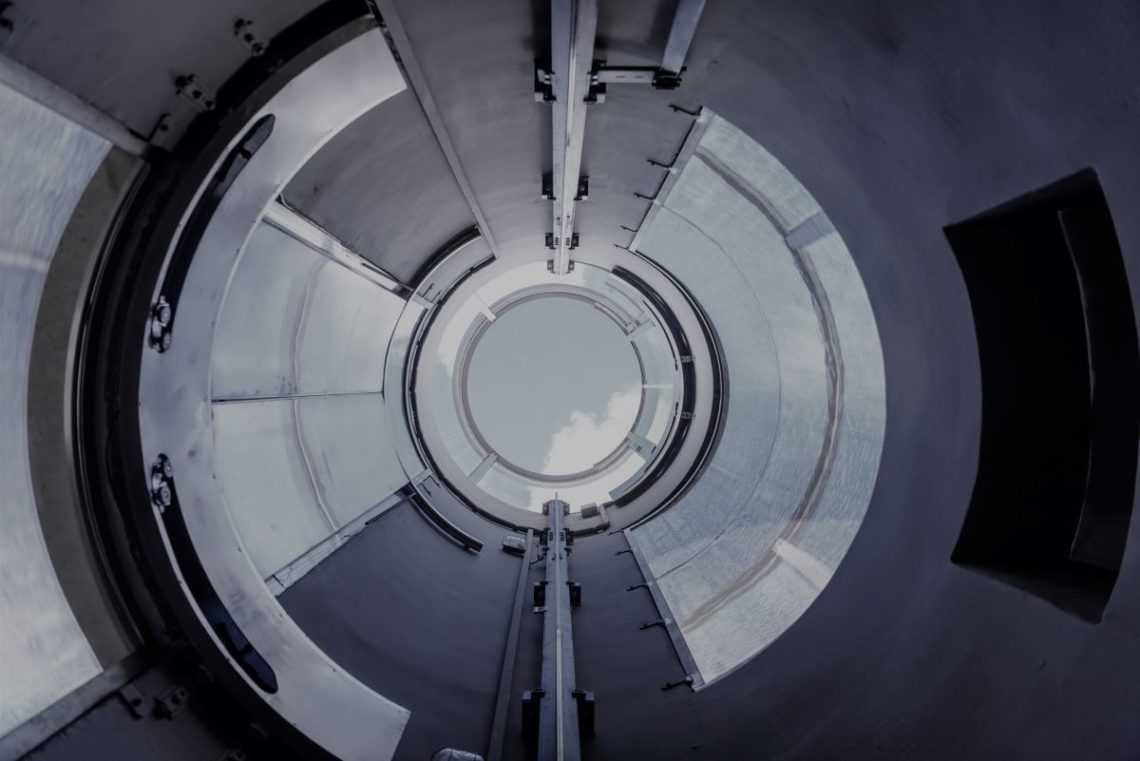
Its ideal strategic location in the middle of the Mediterranean sea has ensured that Malta has always been a hub for transport and transit stops. This hasn’t changed in modern times – whether it is a stop on a cruise, or a transfer stop for long international journeys, Malta plays host to hundreds of ships and planes on a monthly basis.
Travelling to and from Malta
Serviced by most major European airlines, Malta International Airport has won several international awards for its service and business management. There are direct flights from most major European cities – flights which become extremely frequent in the peak summer months. Servicing flights from major airports such as Frankfurt, Dusseldorf, Munich, Zurich and many others, it is also very easy to catch a connecting flight to Malta. Malta International Airport also hosts several low cost airlines, such as Ryanair and Easyjet – so travelling to and from Malta is now easier than ever, and there is now the option to get a low cost flight back home for the weekend.
With its many ports and harbours, air is not the only way to travel to and from Malta – the beautiful island welcomes many cruiseliners throughout the year. Several daily ferry services run between Malta and Sicily via catamaran. There is also the option to sail in on your own private yacht and berth in one of the many marinas around the island.
Do you need a Visa to travel?
Travelling to Malta is very simple. As it forms part of the European Union, people travelling from an EU member state do not require a visa. Malta also forms part of the Schengen area and as such even passports are not required for those travelling from countries forming part of the agreement– a regular form of identification such as an ID card or a driver’s licence will suffice for entry into the country. Traveller’s visas from the United States or Canada can last up to 90 days before renewal is needed.
Quality of life in Malta
Malta does not have any local diseases, and as such immunisation is not required for entry. However, it is always advisable to consult the World Health Organisation’s International Travel and Health document, which can be downloaded from here. Malta remains a relatively safe country in terms of crime rates, however it is advisable to always book travel insurance as a precautionary measure. Travellers from the European Union are also advised to have with them an European Health Insurance Card: as emergency health care is only free to residents of the Maltese islands (both Maltese, as well as permanently placed foreign nationals holding a Maltese identity card).
Read more on moving to Malta and enjoy its Mediterranean lifestyle through the Malta Key Employee Initiative (KEI) and the Malta Nomad Permanent Residence







